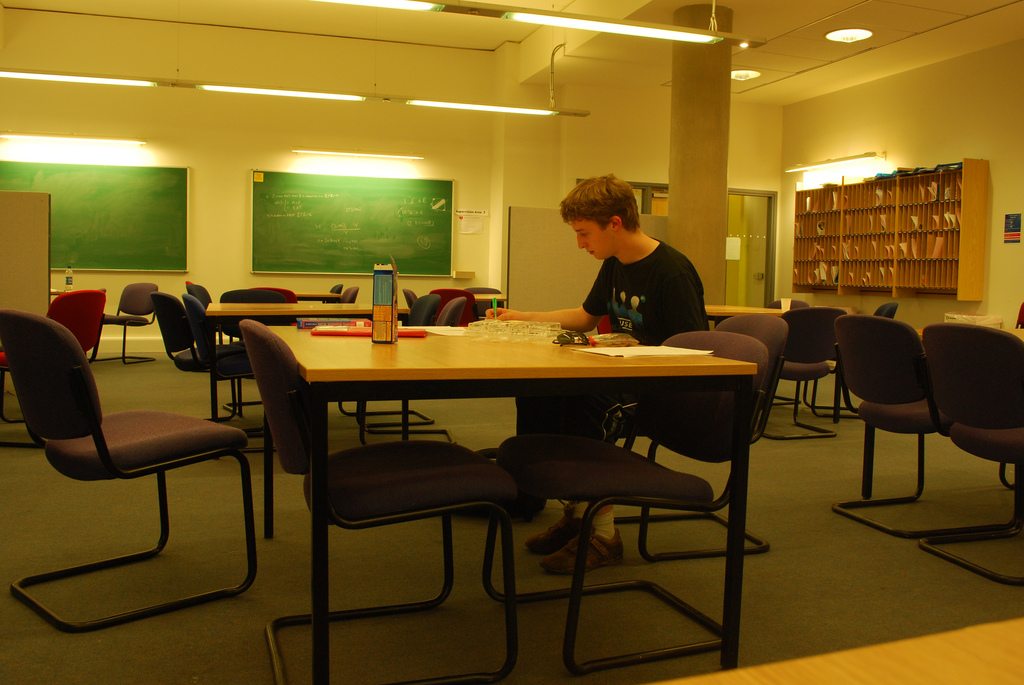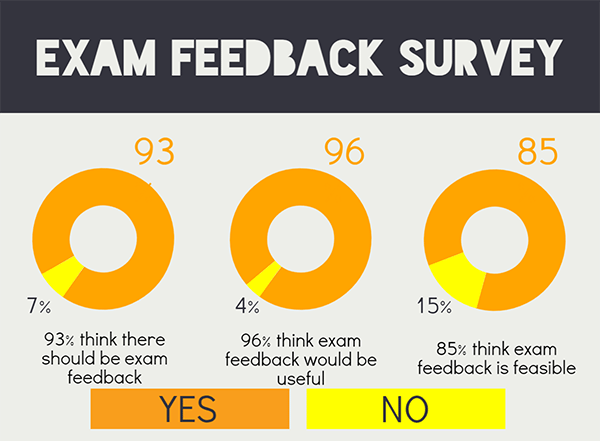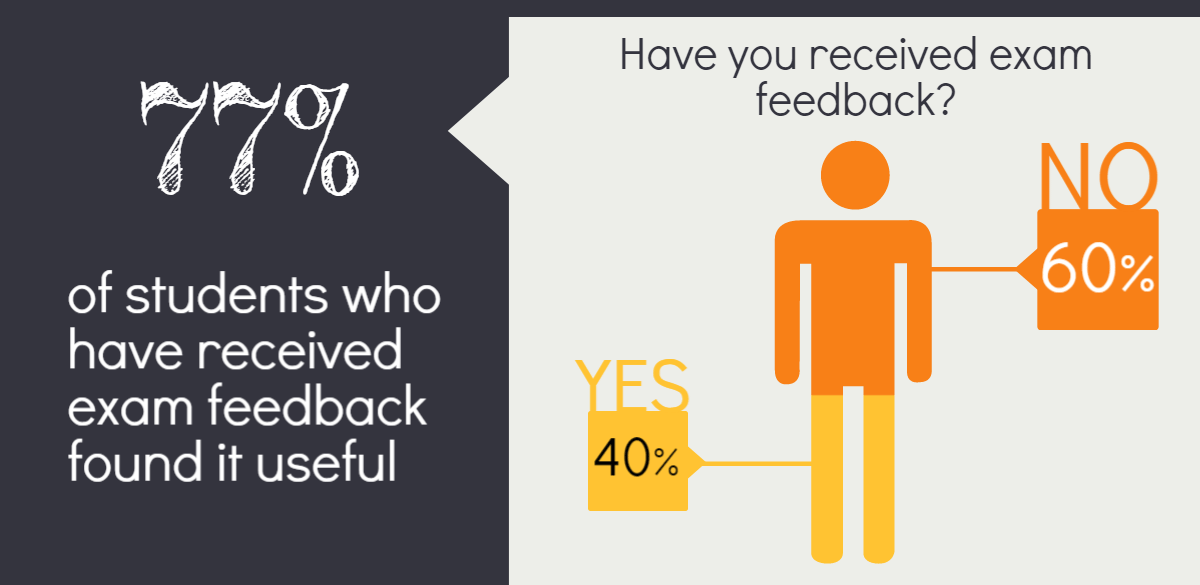Why is exam feedback so important?
[dropcap]A[/dropcap]fter the end of my first year, during the summer holidays, I remember nervously logging on to Tabula to check my first set of exam results as an undergraduate and finding a few lines of concise, helpful feedback alongside my marks.
The feedback highlighted what I had done well, as well as suggestions on how to improve my answers in order to attain a higher mark next time round. Last week, when I read blogs written by Maahwish Mirza, SU Education Officer and Dr. Justin Greaves, Director of Student Experience and Progression in PAIS, I am surprised that
feedback is not universal across all university departments.
As someone who has received feedback in previous exams, and benefitted immensely from it, I honestly can’t see how any department can expect students to build upon their performance in previous exams without providing any
guidance on how things could be improved.
Exams are certainly not the be all and end all, and while I don’t necessarily agree that so much emphasis should be put on a single exam, we generally all want to do our best and to achieve a mark that we believe is reflective of our general abilities.
Feedback is vital in allowing us to improve as students as well as preparing us for the following year and in some cases, future studies. Unfortunately, sometimes a lot does hinge on a single exam and not hitting points that examiners are looking for can cost valuable marks.
It’s also really easy to forget about exams once you leave the exam hall. Yet I’ve found that exam feedback has forced me to think back to what I wrote and to reflect on how things could have gone better, which is generally much more productive than worrying about poor marks without any guidance to accompany it.
Even this year, just before my second year exams, I found myself on Tabula, referring back to last year’s feedback. Although my memory of exactly what I wrote in the exam hall is now very vague, I still found the feedback fairly useful and it reminded me what the examiners are looking for in the exam, and how to best demonstrate my knowledge of the subject in such a short exam.
University is undoubtedly about independent learning but in a subject like Politics, where the majority of the course is supposed to be independently learned, it can often be difficult to know how to focus your reading and effectively put what you have learned into a good essay and, in smaller modules with only one seminar tutor, spaces in advice and feedback hours can sometimes be limited so exam feedback is definitely valuable and valued by students.
This is true particularly in first year, where the transition from A-level style essays to undergraduate standard work may be slightly steeper and pointers on how to grow and improve as a student would definitely not go amiss. As Maahwish, SU Education Officer wrote in her blog, feedback is extremely time-consuming and markers are under pressure to mark several scripts within a limited period of time. However, this may not always be the case. After speaking to Christopher Bennett, a second year PhD researcher for the PaIS department, it seems like feedback is already integral to the process of marking and so may not be such an imposition.
He told the Boar, “It does add some extra work, but honestly I find it’s a marginal increase to the general task of marking. “In any case, it’s simply impossible to mark a piece of work without writing a note or two down. All that having to give feedback does is force me to systematize my notes a little to make sure that they’re helpful to whoever is reading them.”
Not only this, but we also asked Christopher’s own opinion about feedback in general: “I was not given feedback as an undergraduate and it drove me nuts. I would write an exam, then get a mark a few months later, and have no idea about what happened. Now that I’m marking, rather than sitting, exams, I realize that a lot of the points that students get marked down on are general ones.”
Echoing these thoughts and the views of many students I have spoken to, it is clear that lack of feedback is one of very few issues that many students on a range of different courses can agree is a problem and I hope that various university departments take note of this very soon and do something about it.




Comments (1)
I am an associate professor at West Virginia School of Osteopathic Medicine, and I am a strong advocate of feedback. At WVSOM we note the correct answer for each question and provide an opportunity for students to meet and discuss their answer choices. However, I go further with my study materials. For many of my lectures I provide clicker questions. I have also composed an online resource called BioME, that includes practice questions. For each I have not only composed explanations for why the correct questions are the best choice, but also for why the incorrect questions are not. From my experience I know how long it takes to compose this feedback. In my estimation this requires as much time as it takes to write the questions in the first place. I believe this is time well spent because feedback bolsters mastery of the material, but it is misleading to understate the time commitment that’s required.